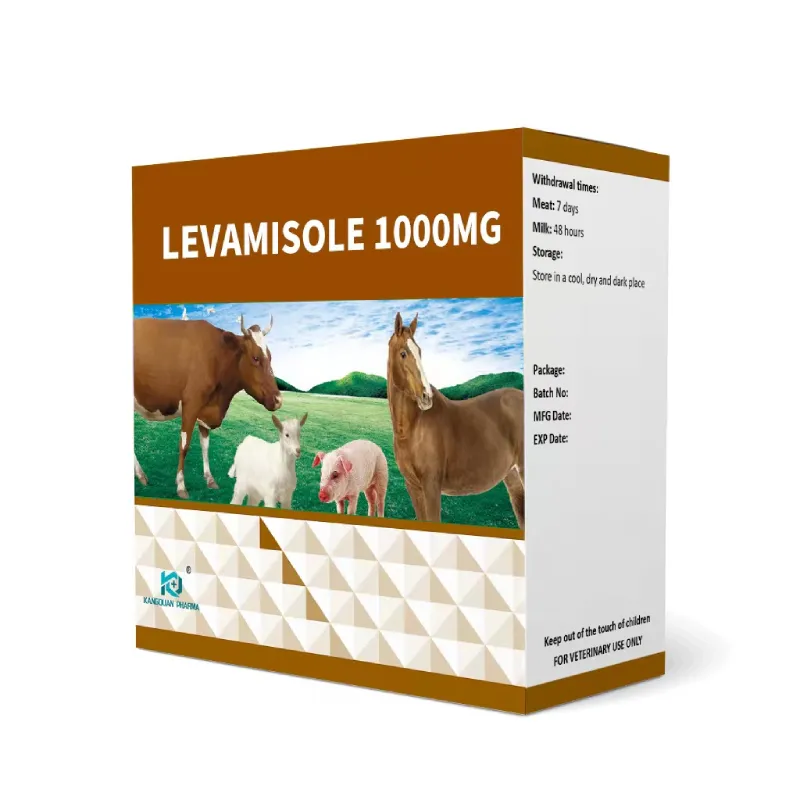- Afrikaans
- Albanian
- Amharic
- Arabic
- Armenian
- Azerbaijani
- Basque
- Belarusian
- Bengali
- Bosnian
- Bulgarian
- Catalan
- Cebuano
- Corsican
- Croatian
- Czech
- Danish
- Dutch
- English
- Esperanto
- Estonian
- Finnish
- French
- Frisian
- Galician
- Georgian
- German
- Greek
- Gujarati
- Haitian Creole
- hausa
- hawaiian
- Hebrew
- Hindi
- Miao
- Hungarian
- Icelandic
- igbo
- Indonesian
- irish
- Italian
- Japanese
- Javanese
- Kannada
- kazakh
- Khmer
- Rwandese
- Korean
- Kurdish
- Kyrgyz
- Lao
- Latin
- Latvian
- Lithuanian
- Luxembourgish
- Macedonian
- Malgashi
- Malay
- Malayalam
- Maltese
- Maori
- Marathi
- Mongolian
- Myanmar
- Nepali
- Norwegian
- Norwegian
- Occitan
- Pashto
- Persian
- Polish
- Portuguese
- Punjabi
- Romanian
- Russian
- Samoan
- Scottish Gaelic
- Serbian
- Sesotho
- Shona
- Sindhi
- Sinhala
- Slovak
- Slovenian
- Somali
- Spanish
- Sundanese
- Swahili
- Swedish
- Tagalog
- Tajik
- Tamil
- Tatar
- Telugu
- Thai
- Turkish
- Turkmen
- Ukrainian
- Urdu
- Uighur
- Uzbek
- Vietnamese
- Welsh
- Bantu
- Yiddish
- Yoruba
- Zulu
дец . 26, 2024 23:58 Back to list
The Essential Role of Minerals in Animal Nutrition for Optimal Health and Growth
The Importance of Minerals in Animal Nutrition
Minerals play a crucial role in the overall health and well-being of animals. Essential for a wide range of physiological functions, they contribute to structural, regulatory, and metabolic processes. Understanding the importance of minerals in animal nutrition is vital for livestock producers, pet owners, and veterinarians alike, as these nutrients significantly influence growth, reproduction, and productivity.
Types of Minerals
Minerals can be broadly categorized into two groups macro-minerals and trace minerals. Macro-minerals, such as calcium, phosphorus, potassium, magnesium, sodium, and sulfur, are needed in larger quantities. They are involved in vital functions such as bone formation, muscle function, and electrolyte balance. Calcium and phosphorus, for instance, are essential for developing strong bones and teeth, while potassium and sodium are critical for maintaining fluid balance and nerve function.
Trace minerals, on the other hand, include iron, zinc, copper, manganese, selenium, and iodine. While these minerals are required in smaller amounts, they are equally important. For example, iron is essential for oxygen transport in the blood, zinc plays a vital role in immune function and reproduction, and selenium is important for antioxidant defense systems.
Physiological Functions
The physiological functions that minerals support are diverse and integral to animal health. A deficiency in any essential mineral can lead to serious health issues. For instance, calcium deficiency can cause milk fever in dairy cows, while a lack of selenium can result in white muscle disease in young animals. Furthermore, trace mineral deficiencies can manifest as decreased immunity, poor growth rates, and reproductive failures.
importance of minerals in animal nutrition

In addition to preventing deficiencies, adequate mineral intake promotes optimal growth and performance. For example, livestock that receive balanced mineral supplementation typically exhibit better weight gain, improved feed efficiency, and enhanced fertility rates. This translates to increased productivity for farmers, emphasizing the economic importance of proper mineral nutrition.
Dietary Sources and Supplements
Animals obtain minerals primarily through their diet. Forages, grains, and commercial feeds often include varying amounts of minerals. However, environmental factors, soil health, and agricultural practices can affect the mineral content of feed. Consequently, supplements are commonly added to animal diets to ensure adequate mineral intake.
Mineral supplements come in various forms, including inorganic salts, organic complexes, and chelated minerals. Organic and chelated forms are often more bioavailable, meaning they are more easily absorbed and utilized by the animal's body. Livestock nutritionists frequently evaluate the specific mineral needs of animals based on their age, production stage, and overall health to formulate balanced diets that meet these requirements.
Conclusion
The role of minerals in animal nutrition cannot be overstated. They are essential for numerous biological functions that maintain health, promote growth, and enhance productivity. With the increasing emphasis on animal welfare and efficient production systems, understanding and managing mineral nutrition has become more critical than ever. Adequate mineral intake not only supports the health of individual animals but also strengthens the sustainability of animal husbandry practices.
In conclusion, proper mineral nutrition is a fundamental aspect of animal care that requires attention from producers and caretakers alike. By ensuring that animals receive the necessary minerals in adequate amounts, we can foster a healthier livestock population, contribute to food security, and support the livelihoods of farmers and the agricultural community as a whole. As we move forward, ongoing research into animal nutrition will further improve our understanding of the specific mineral needs for different species and production systems, leading to even better outcomes in animal health and productivity.
-
Guide to Oxytetracycline Injection
NewsMar.27,2025
-
Guide to Colistin Sulphate
NewsMar.27,2025
-
Gentamicin Sulfate: Uses, Price, And Key Information
NewsMar.27,2025
-
Enrofloxacin Injection: Uses, Price, And Supplier Information
NewsMar.27,2025
-
Dexamethasone Sodium Phosphate Injection: Uses, Price, And Key Information
NewsMar.27,2025
-
Albendazole Tablet: Uses, Dosage, Cost, And Key Information
NewsMar.27,2025













